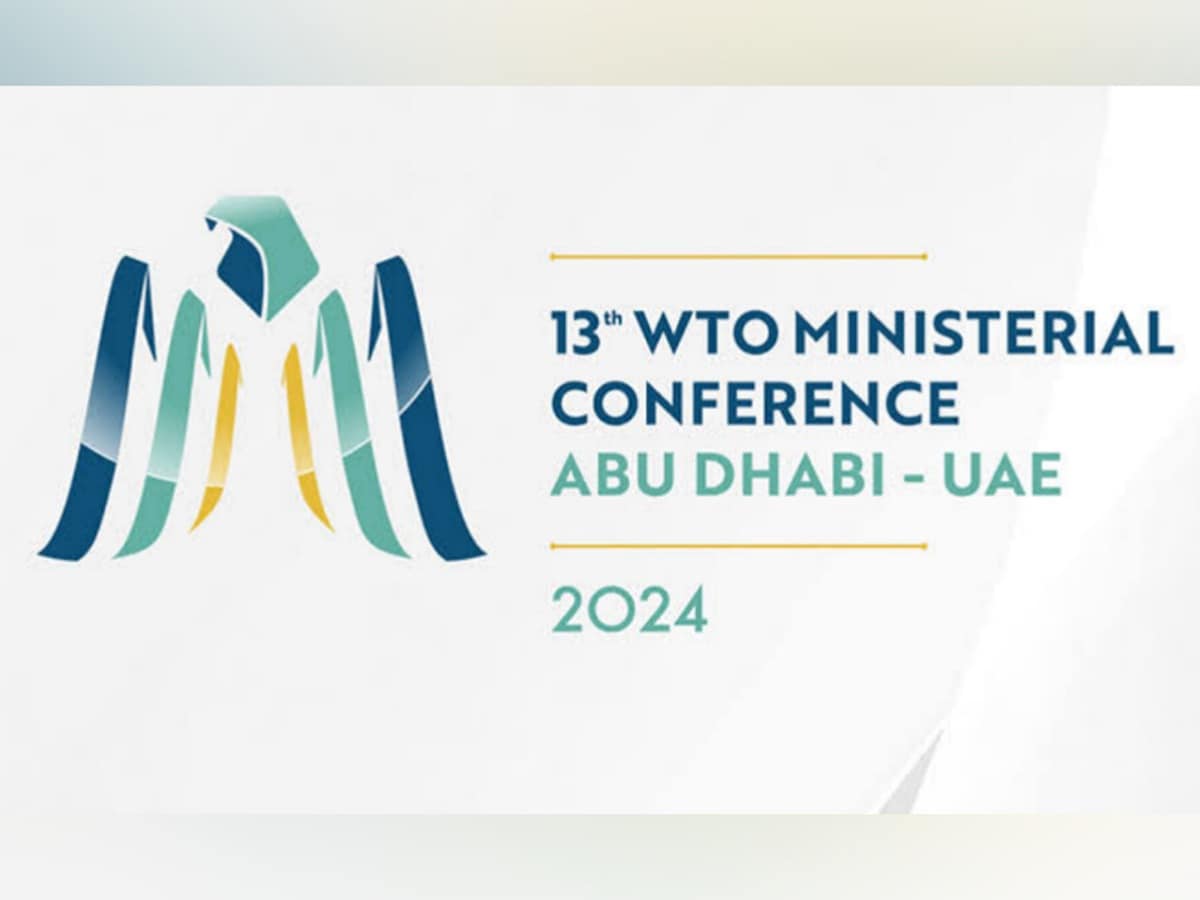
New Delhi: India will press for the two-tier dispute resolution system at the World Trade Organization (WTO) during the ministerial-level meeting in Abu Dhabi next month, a senior government official said on Wednesday.
The official said that the country would also reiterate that the automatic binding, rule-based and independent nature of the dispute settlement body should be restored.
Developed countries like the US have been advocating for changes in the system, arguing that the present dispensation is rigid.
The US had earlier stated that over time, despite settlement it has become synonymous with litigation, which is prolonged, expensive and contentious.
“The two-tier system should not be compromised. It is essential,” the official said.
The issue will come up in the 13th ministerial conference (MC) of the WTO in Abu Dhabi on February 26-29. MC is the highest decision-making body of the WTO.
Besides monitoring global exports and imports, the Geneva-based 164-member multi-lateral body adjudicates trade disputes among the member countries.
India has called for starting formal negotiations by WTO members to reform the dispute settlement body of the organisation, as the present informal deliberations are creating hindrances for several nations to participate in the talks.
The dispute settlement body (DSB) is one of the important arms of the WTO.
“The developed countries are talking about peripheral reforms, but our main task is that there should be a two-tier system,” the official said.
There are two main ways to settle a dispute once a complaint has been filed in the WTO – the countries find a mutually agreed solution, particularly during the phase of bilateral consultations; and through adjudication, which includes ruling by a panel and if not satisfied, challenging that ruling at the appellate body.
The appellate body is the apex institution for adjudicating disputes.
The smooth functioning of the WTO’s dispute settlement mechanism hit a roadblock when the US blocked appointments of members in the appellate body (AB). Though the AB stopped functioning on December 10, 2019, the panels are still working.
Since December 2019, over 20 appeals have been filed in the AB.
According to experts, the US wants to weaken the two-tier system of the dispute settlement mechanism and they do not intend to restore the appellate body.
Developing countries, on the other hand, are of the strong view that a two-tier system is fundamental for the smooth functioning of the dispute settlement mechanism.
Certain developed nations have suggested reforming DSB and that includes finding appropriate alternatives to litigation.
The alternatives include conciliation and mediation; the panels be restricted to address only those matters, which are necessary to resolve the dispute and resist the urge to pontificate; and no judicial overreach so that members could exercise their power to regulate domestic policies.
On WTO reforms, the official said that some developed countries want to alter the basic structure of the organisation in the name of reforms.
“India will press for consensus-based and member-driven WTO. There should not be any change in that,” the official said.
